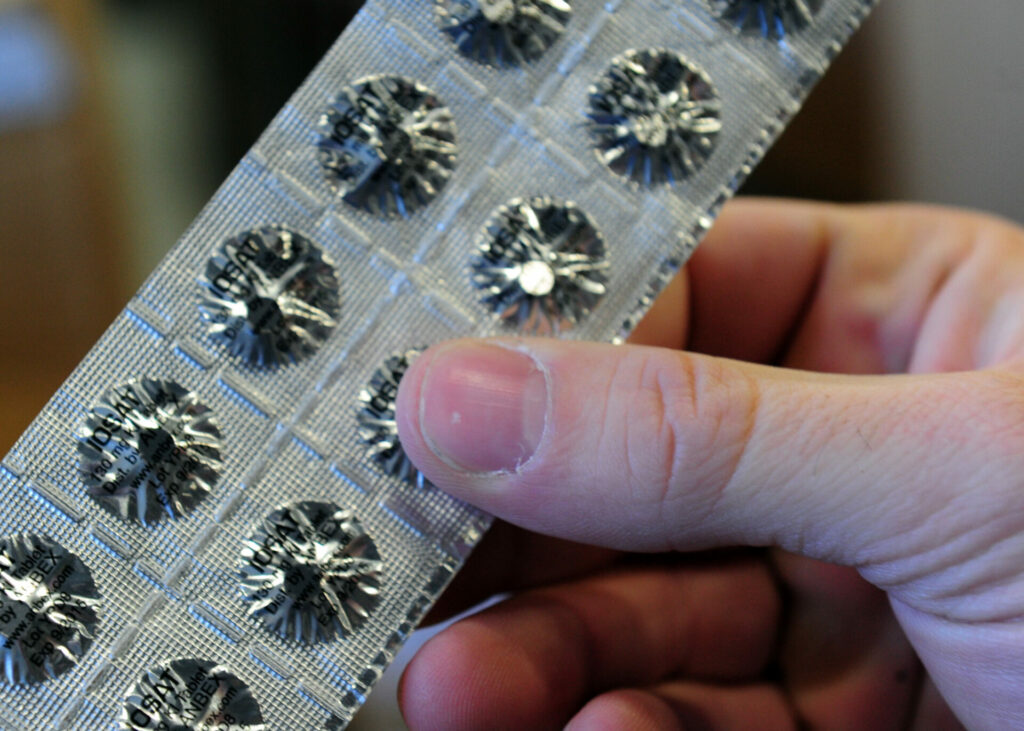The European Commission announced on 30 August that Ukrainian authorities have requested help building up a stockpile of potassium iodide tablets. These tablets have long been taken to protect the human thyroid from nuclear radiation.
The EU Civil Protection Mechanism has already collected 5.5 million tablets for Ukraine in recent days, 5 million of which have come from European strategic reserves, and an extra 500,000 from Austria.
The Ukrainian government wants to be ready in the event of any Russian provocation at the Zaporizhzhia nuclear power plant, which has been under Russian occupation for several months.
The nuclear plant, which is the largest in Europe, has been repeatedly shelled in recent weeks. Recently leaked footage has revealed large amounts of Russian equipment stored within the plant and there are fears that Russia may threaten compromising its safety to leverage political influence. Experts from the IAEA, the International Atomic Energy Agency are scheduled to visit the plant on Tuesday.
Related News
- 'Humanity is playing with fire' says UN chief concerned with nuclear safety
- UN nuclear watchdog to visit Zaporizhzhia nuclear site within the next few days
“No nuclear power plant should ever be used as a war theatre. It is unacceptable that civilian lives are put in danger… The EU is pre-emptively delivering five million potassium iodide tablets to Ukraine from the rescEU strategic reserves to offer people protection in case of exposure to high levels of radiation,” Janez Lenarčič, Commissioner for Crisis Management, said in a press release.
According to Oleksandr Starukh, governor of the Zaporizhzhia region, around 25,000 iodine tablets have already been distributed to Ukrainians living within 50 kilometres of the nuclear power plant as a precaution. Appearing on live TV, the governor showed local residents how to use the tablets “in case of any future radiation leak.”

